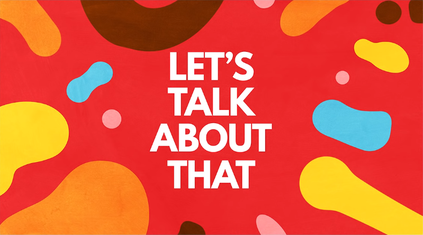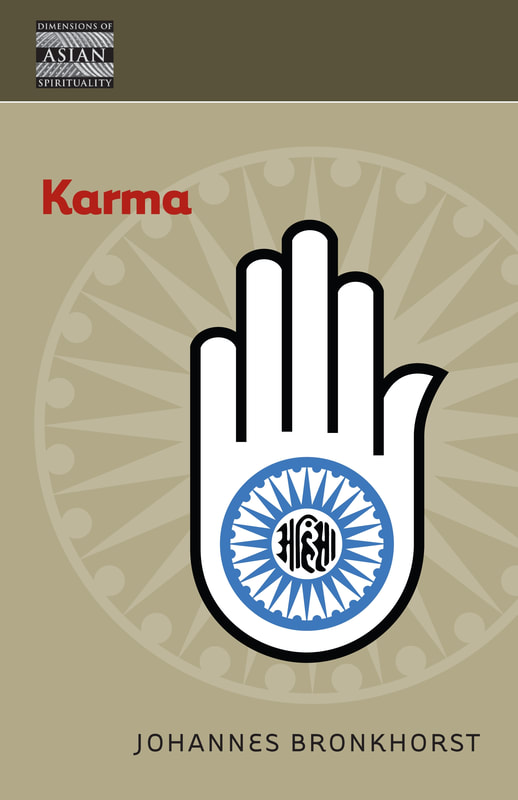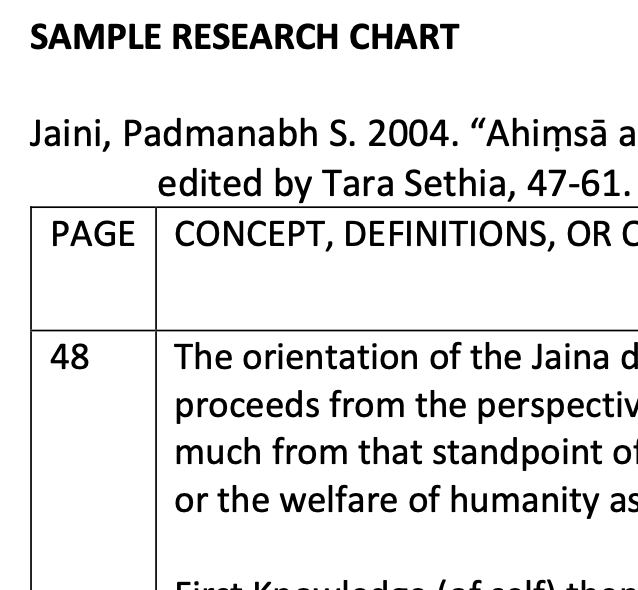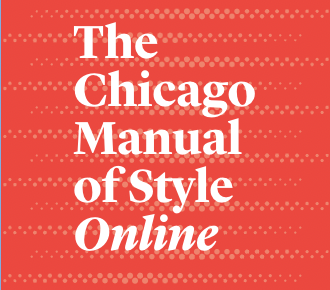Opening Recitation कर्मण्य् एवाधिकारस् ते मा फलेषु कदाचन । मा कर्म-फल-हेतुर् भूर् मा ते सङ्गोऽस्त्व् अकर्मणि ॥ ४७ ॥ karmaṇy evādhikāras te mā phaleṣu kadācana | mā karma-phala-hetur bhūr mā te saṅgo 'stvakarmaṇi || Bhagavad-gītā 2.47 You have the right to your action only, but not to the fruits of action. Let not the fruit of action be your motivation, nor let your attachment be to inaction. |
Description: Historically and philosophically, "karma” is explored systematically in the Jain tradition and to a different extent in the Buddhist and Hindu traditions. In this class, we will explore the role karma plays in relation to understanding Self, World, proper ethical action, mental and physical restraint, and/or liberation (mokṣa or nirvāṇa). In addition to drawing upon primary and secondary sources, students will engage in class discussions and explore their own research interest in a final dialogical project that puts karmic accounts into conversation. This class offers an opportunity to win the prestigious UCI Shri Parshvanath Award for Jain Studies. *Thanks to Dr. Steven Vose for sharing syllabus ideas for this class.
IIa. Undergraduate Student Learning Outcomes
IIb. Graduate Student Learning Outcomes
In addition to the above learning outcomes, graduates will:
- Articulate differences between Western notions of “religion,” “ethics,” or “philosophy” and Indian articulations of the same, problematizing “comparative” approaches
- Evaluate scholarly theories about the origins of karma in Indian traditions;
- Identify the significance of Jain karma in relation to Self, world, rebirth, liberation, and ethical action alongside unique features of Buddhist and Hindu thought.
- Complete a research project reflecting a dialogical approach to karma.
IIb. Graduate Student Learning Outcomes
In addition to the above learning outcomes, graduates will:
- Participate in a “grad session” Discussion thread question each week covering an additional weekly grad reading
- Complete an additional assignment which is a poster and public presentation (See Creating Effective Poster Presentations)
- Consequently, grad students will fulfill the following additional learning outcomes:
- 5. Engage Jain studies concepts in relation to critical social issues through additional multi-perspectival readings in a weekly Grad discussion thread
- 6. Create a public-facing research poster and presentation on their research project (to be displayed online and/or in tandem with the annual UCI Jain Studies Lecture when possible)







